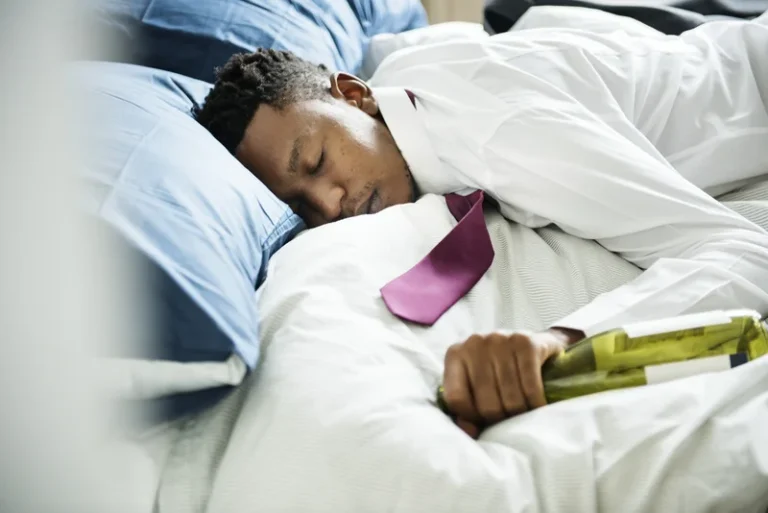New York Allergy and Sinus Centers

If you think you’re allergic to beer, the first thing you should do is stop drinking it until you’ve identified the problem. It could just be an issue with a certain brand, or your body might not tolerate the beverage at all. If you need immediate relief from the symptoms of beer allergy or intolerance, an antihistamine can help. If you have an alcohol allergy, your immune system over-reacts to alcohol. If you have alcohol intolerance, your digestive system doesn’t process alcohol properly.
Woman allergic to exercise speaks out about living with extremely rare condition

One too many glasses of rosé might not be the only thing to blame for those horrible hangovers — you could also be dealing with a medical aversion. Learn the signs and symptoms to keep an eye out for and why certain drinks might affect you more than others. There is little evidence that distilled spirits made from corn, including bourbon, pose a risk to people with corn allergies or intolerance.

These Sensitivities May Indicate a Beer Intolerance
If celecoxib doesn’t come with paperwork, you can ask your pharmacist to print a copy. If you need help reading or understanding this information, ask your doctor or pharmacist. If you have concerns about this medication interacting with lab tests, talk with your doctor. If you take celecoxib and receive this vaccine, the allergic to beer vaccine may not work as well to protect against pneumococcal infection. Your doctor may suggest you avoid taking celecoxib on the day you receive the vaccine and the day after receiving it. Celecoxib can interact with SSRIs and SNRIs, which are types of antidepressants.

Sulfites intolerance

With a little research and careful label reading, you may be able to find beer that doesn’t contain that particular allergen. You’ll also want to avoid all other products made with that ingredient. If you’ve ever experienced swelling of the tongue or throat or trouble breathing after drinking beer, you should stop drinking beer until you’ve seen a doctor. A small 2014 study of Chinese people with a beer allergy found that sensitivity to sorghum or sorghum malt was the most common cause.
- There are also certain whiskeys made from sorghum (a gluten-free grain).
- If you showed an allergy to wheat, sorghum, or one of the other ingredients or allergens in beer, you would technically be allergic to that ingredient.
- If you experience allergy symptoms from beer, they will likely run the gamut.
- The only way to prevent these uncomfortable reactions is to avoid alcohol.
- If beer seems to be the issue, it’s probably the yeast, says Dr. Glatter.
Histamine Intolerance
In rare cases, if untreated, an alcohol allergy can be life-threatening. The doctor would first ask you to describe the symptoms you experience after drinking a beer, and then likely follow up with a skin test. If you showed an allergy to wheat, sorghum, or one of the other ingredients or allergens in beer, you would technically be allergic to that ingredient.
- They may also recommend allergy medications or tests to diagnose a beer allergy.
- If celecoxib doesn’t come with paperwork, you can ask your pharmacist to print a copy.
- If you have an allergy, your immune system over-reacts to contact with a trigger or “allergen.” If you have an alcohol allergy, your immune system treats alcohol as a threat.
- People should note, however, that its authors do not propose that this means that alcohol causes allergies.
If you do tend to experience allergy-like symptoms after drinking just one or two beers, it’s really a good idea to see your doctor. These can create a variety of symptoms that resemble either an allergy or a sensitivity,” says Dr. Rood. When it comes to beer, people with sensitivities will typically experience a combination of symptoms. After drinking beer, they may experience a combination of hives, nausea or vomiting, diarrhea, sneezing, wheezing and abdominal pain.
- There are several ways to diagnose an alcohol allergy or intolerance.
- While most people can tolerate sulfites in foods, there are some who are especially sensitive to them and may experience an asthma attack.
- Seeking medical advice is crucial to correctly diagnosing and treating beer allergies.